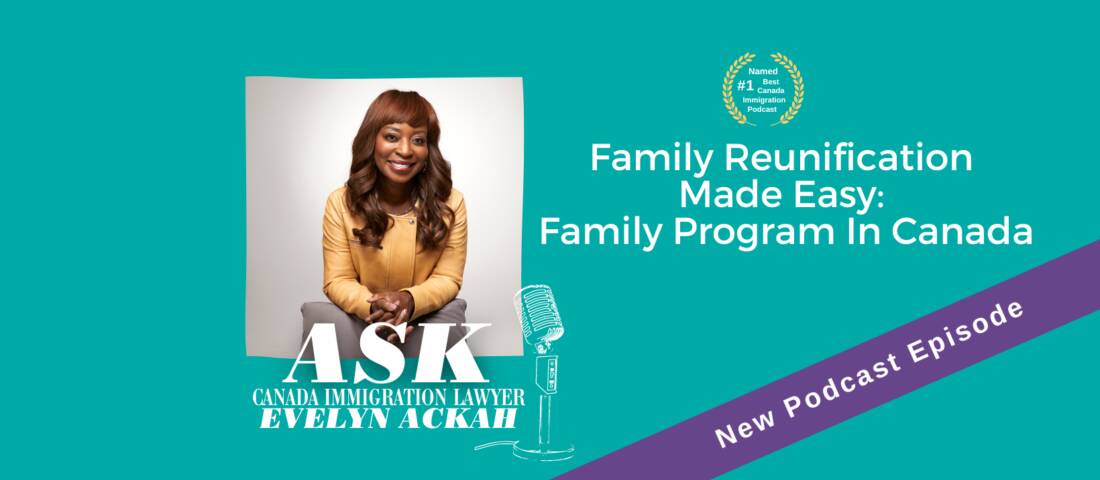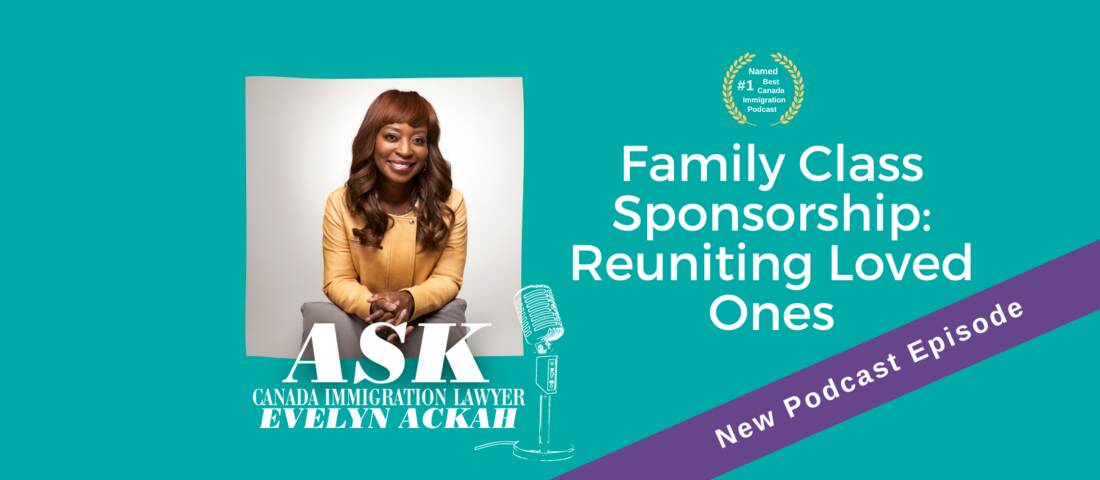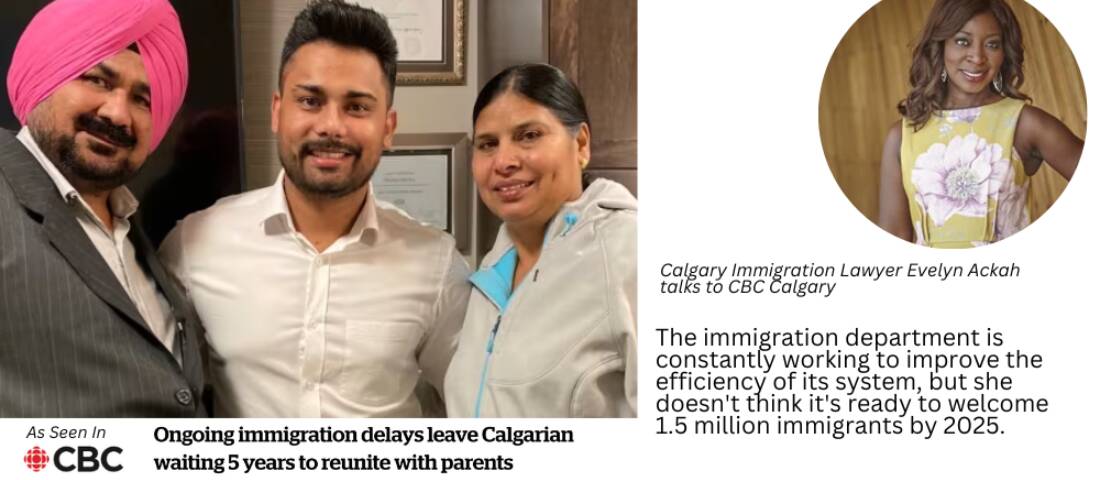BOOK YOUR FREE CASE EVALUATION
Canada places a high priority on family reunification immigration. The Family Class Application is a way for a permanent resident or citizen of Canada to sponsor their spouse or common-law partner to immigrate to Canada. This article is a high-level overview of the process of sponsoring your partner to join you in Canada. Canada's spousal sponsorship regulations apply to both opposite and same-sex spouses and partners. Same-sex marriage is legal in Canada.
Online dating and the ease of international travel means that every year, thousands of Canadians fall in love with citizens of other countries. If you are a Canadian citizen with a foreign spouse or partner, you must meet the eligibility criteria and follow Canada IRCC's spousal sponsorship immigration rules to bring your partner to Canada.
There are three main categories of immigration for loved ones who are citizens of other countries:
- Spousal Sponsorship
- Common-Law Sponsorship
- Conjugal Sponsorship
Partner sponsorship to immigrate to Canada can be a complex area and each situation is unique. Seek legal advice from an immigration lawyer before you apply to sponsor your partner, as this article only covers the very basic regulations.
Who Can Apply to Sponsor Their Partner to Move to Canada
You can become a spousal sponsor if you meet the following qualifications:
• at least 18 years old
• a Canadian citizen, a person registered in Canada as an Indian under the Canadian Indian Act or a permanent resident living in Canada
• If you are a Canadian citizen living outside Canada, you must show that you plan to live in Canada when your sponsored relative(s) become(s) a permanent resident.
• You can’t sponsor someone if you are a permanent resident living outside Canada.
• able to prove that you are not receiving social assistance for reasons other than a disability
• can provide for the basic needs of any person you are sponsoring (and in some limited situations, that you meet the low-income cut-off).
Spousal Sponsorship
If a Canadian citizen (or permanent resident) marries a foreign citizen and that citizen is at minimum 18 years old and is living with a Canadian citizen who is at minimum 18 years old in Canada, the spouse may apply for Spousal Sponsorship. The marriage must be legal in the country in which it was performed.
The Canadian sponsor is not required to show a certain level of income, but cannot be on social assistance and has to be able to provide the basics for the spouse when he or she enters Canada.
The foreign spouse cannot be ruled inadmissible and will need to pass medical and criminal exams before being permitted to enter Canada.
The spousal sponsorship test: “Is the marriage genuine, or was it entered into for immigration purposes?”
You will have to show evidence that the relationship and marriage are genuine and wasn’t entered into just to get permanent resident status in Canada. For example, you may need to provide proof of shared assets, travels, communications, meeting each other’s family, a honeymoon, etc. These and other factors help to prove that the marriage is genuine.
You may be required to attend an interview with a visa officer and answer personal questions to help prove your relationship is genuine.

Common-Law Sponsorship
Common-law sponsorship is the appropriate category for partners who are not married but have been living together continuously for at least one year in Canada.
You cannot be roommates – you must be able to prove you are a genuine couple, committed to each other and have an exclusive relationship.
You will have to show evidence of two things:
- one year of cohabitation
- a committed and exclusive relationship
One year of cohabitation can be proven in a variety of ways. For example, a co-signed lease or property agreement or utility bills in each other’s names at the same address. Use whatever you have to prove that you are in a committed and exclusive relationship.
Proof of a committed and exclusive relationship depends entirely on your unique circumstances. Shared assets, travel together, meeting each other’s families, traveling to each other’s countries all help. Document all the things you can that will help prove that your relationship is a genuine one.
You will also have to swear a statement that you are a common-law couple, and you may have to attend an interview with a visa officer.
Conjugal Sponsorship
Conjugal Sponsorship of your partner to move to Canada can be the toughest category in which to succeed. This is the appropriate category for couples who do not fit in the other categories, but who nonetheless have a “marriage-like” committed and exclusive relationship.
A conjugal partner is a foreign national residing outside Canada who has been in a conjugal relationship with their sponsor for at least one year. This category is not appropriate for those who are dating, or considering getting married at a later date – you will not likely succeed with a conjugal application.
You must have a relationship that looks very much like a marriage. You should have a history together, shared assets, travels together, perhaps a public expression of your dedication to each other through a ceremony or other means.
There are no specific criteria a sponsor can use to determine if your conjugal application will be accepted. As with all immigration applications, the assessment will be based on your individual circumstances. You will likely be required to have an interview with a visa officer.
To determine if you qualify for Conjugal Sponsorship, ask yourself this question: “If an outsider looked at our relationship, do we appear to be the same as a typical married couple would appear?”
There are many complicating factors when sponsoring your partner to move to Canada – a spouse who is married to someone else, foreign children and child custody arrangements, minor or major criminal infractions, medical disabilities, and more. The law can get complex quickly.
Partner sponsorship to immigrate to Canada can be a complex area and each situation is unique. Seek legal advice from an immigration lawyer before you apply to sponsor your partner, as this article only covers the very basic regulations.
BOOK YOUR FREE CASE EVALUATION








